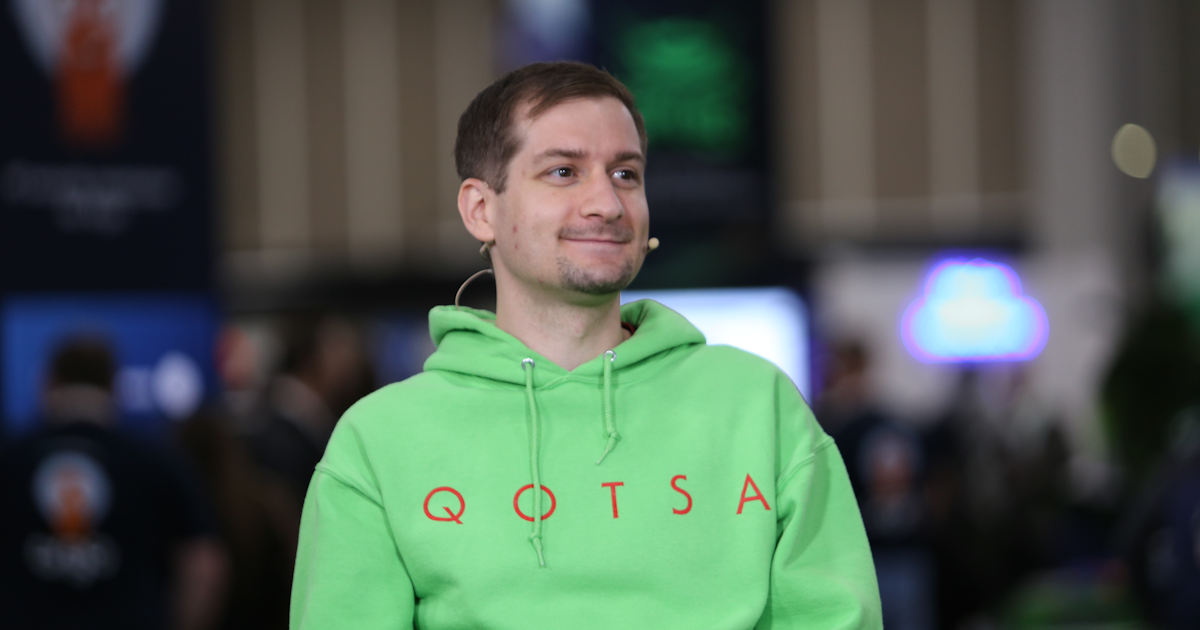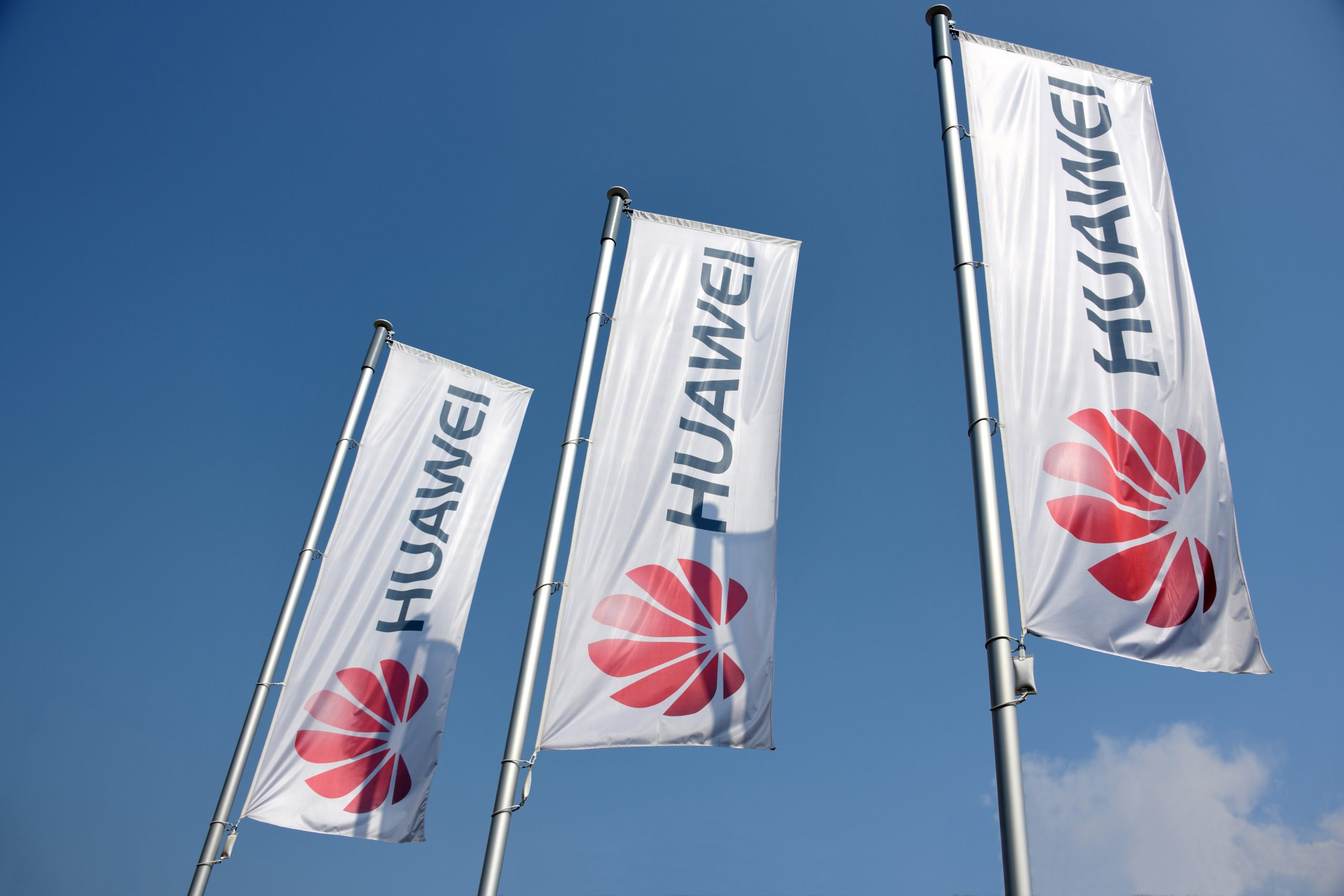Open-source projects are no longer just tools for developers — they’ve become the backbone of transformative ecosystems driving progress in artificial intelligence, security and platform engineering.
As industries pivot toward integrated solutions, the spotlight is on interoperability, enhanced developer experiences and reducing complexity. This shift underscores a collective push for workflows and standards that champion sustainable innovation over temporary fixes, according to Taylor Dolezal (pictured), head of ecosystem at the Cloud Native Computing Foundation.
CNCF’s Taylor Dolezal talks to theCUBE about how open-source projects are driving innovation.
“I think that’s the best advice that we can give people is … don’t bind to the project, bind to the workflow,” Dolezal said. “It’s things like Wasm and other stuff are also coming up, and so that’s interesting to see these little places where this used to be infrastructure for a long time. Kubernetes was pretty much it, and then when that slowed down and became stable — and we’re still doing that day over day — we saw the contributions start to go down. If you looked at the CNCF as a whole, it’s still up and to the right … we just slow down with some of the old problem spaces and then we get to focus on these new ones. At the end of the road [there] are only more roads. It’s never going to stop.”
Dolezal spoke with theCUBE Research’s Rob Strechay and Savannah Peterson at KubeCon + CloudNativeCon NA, during an exclusive broadcast on theCUBE, News Media’s livestreaming studio. They discussed the evolution of open-source projects, such as Kubernetes, into critical ecosystems driving innovation in AI, security and platform engineering while emphasizing collaboration, interoperability and sustainable workflows. (* Disclosure below.)
Open-source projects drive innovation and collaboration
During the 10-year celebration of Kubernetes, discussions within the open-source community have highlighted how the platform has grown into a critical infrastructure hub. Its influence extends far beyond traditional use cases, drawing developers from diverse fields into an ecosystem that promotes collaboration and innovation, according to Dolezal.
“I’m seeing a lot of developers come into the fray … this used to just be a whole bunch of infrastructure people,” he said. “Now, we’re seeing all these different fields converge, because Kubernetes and all of these other projects are proliferating so much.”
One standout insight from the community is the continued emphasis on security. As complexity grows, end users have identified security as a primary challenge, prompting initiatives, such as the Open Source Security Foundation, to address these concerns.
“We’re starting to say this is really tiring, let’s slow down, let’s establish some standards or agree on what makes sense for all of us and go a little bit slower,” Dolezal said. “That’s when you see the cross communication really start to happen, stability takes over. I’m guessing that’s what we’re going to see over the coming months is just … [a] little bit more nuance, a little bit more stoic approach to AI.”
Looking ahead, the industry aims to simplify Kubernetes further, making it less visible as a technology and more integral as an enabler. This vision aligns with a broader trend toward standardization and stability, reducing fragmentation across ecosystems. As one expert noted, this approach allows for meaningful collaboration and a focus on creating “cool things” rather than reinventing the wheel, according to Dolezal.
“I think Kubernetes is still going to be viable for a long time,” he said. “I am hoping it’s going to fade into the background a little bit more on that front … that bounce back I think is going to happen again, especially with GPUs and things like that. Using a service is going to make sense until we can commoditize that and push that back to people at the edge.”
Here’s the complete video interview, part of News’s and theCUBE Research’s coverage of KubeCon + CloudNativeCon NA:
(* Disclosure: The Cloud Native Computing Foundation sponsored this segment of theCUBE. Neither the CNCF nor other sponsors have editorial control over content on theCUBE or News.)
Photo: News
Your vote of support is important to us and it helps us keep the content FREE.
One click below supports our mission to provide free, deep, and relevant content.
Join our community on YouTube
Join the community that includes more than 15,000 #CubeAlumni experts, including Amazon.com CEO Andy Jassy, Dell Technologies founder and CEO Michael Dell, Intel CEO Pat Gelsinger, and many more luminaries and experts.
THANK YOU










